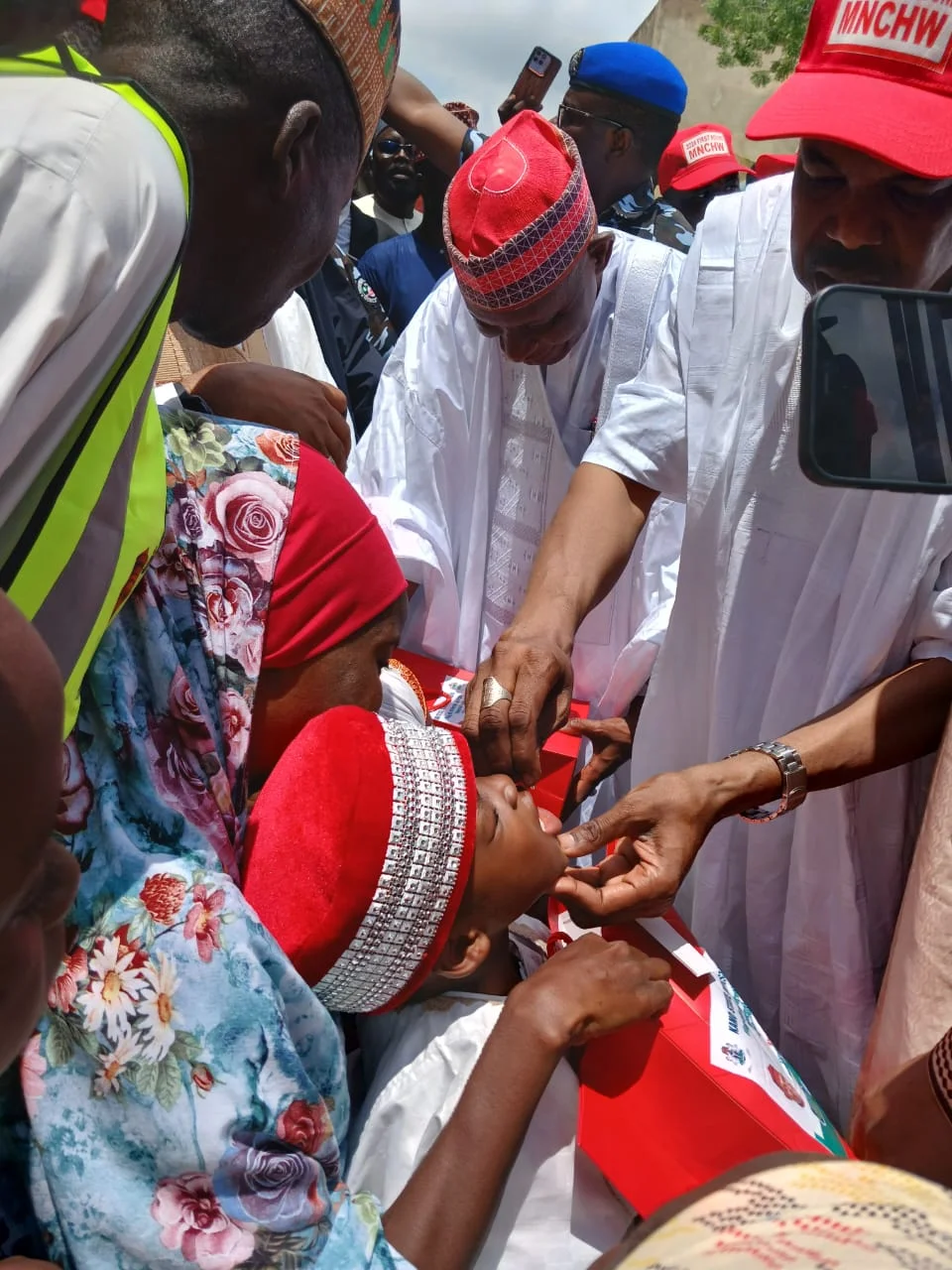Mr. Rahma made a significant disclosure during the flag-off of the 2024 Maternal Newborn Child Health (MNCH) week, which took place at Unguwa Uku Primary Health Care (PHC) in the Tarauni local government area of Kano. This event marked an important initiative aimed at improving the health and well-being of mothers and children in the region.

He announced that 8,000 bottles of vitamin A supplements are expected to reach approximately 3,080,810 children aged 6 to 59 months. This initiative aims to boost immunity among these children and significantly reduce childhood morbidities and mortalities, which are critical issues in the area.
In addition to vitamin A supplementation, Mr. Rahma stressed the importance of supporting the government in scaling up Multiple Micronutrient Supplements (MMS). These supplements are vital for preventing anemia among pregnant women, thereby promoting positive pregnancy outcomes and enhancing maternal nutrition.
Furthermore, he highlighted the need to support the government in expanding Micronutrient Powder (MNP) supplementation. This intervention is crucial for preventing anemia in children, a condition that poses serious health risks and can lead to long-term developmental challenges.

The chief of the field office noted that UNICEF has played a pivotal role as a lead technical partner in developing the State Nutrition Policy. This policy serves as a framework for a multisectoral strategic plan of action for nutrition, ensuring a coordinated approach to tackling nutritional deficiencies in the state.
Mr. Rahma also called for support in the development of an annual nutrition operational plan, particularly focusing on the first 1,000 days of a child’s life. This period is critical for growth and development, making it essential to implement effective nutritional strategies.
He pointed out that Kano state, similar to many other states in northern Nigeria, grapples with various nutrition deprivations. With a population of around 17 million, the state is home to over 3.4 million children under five years old, more than half of whom (56.9%) are affected by stunting.
This alarming statistic translates to approximately 2 million children suffering from stunting, which can lead to poor cognitive development and diminished productivity in adulthood. Addressing this issue is imperative for the future well-being of the state’s population.

Additionally, Mr. Rahma highlighted the high burden of wasting in Kano state, where over half a million children under five are affected. Among them, more than 120,000 are severely wasted, placing them at a heightened risk of mortality. These figures underscore the urgent need for effective interventions to combat malnutrition.
Lastly, he emphasized that the Kano state government has established modalities to address these nutritional deprivations. This includes the development of a State Food and Nutrition Policy, which will provide clear direction for various nutrition initiatives and ensure that the health needs of the population are met comprehensively.




